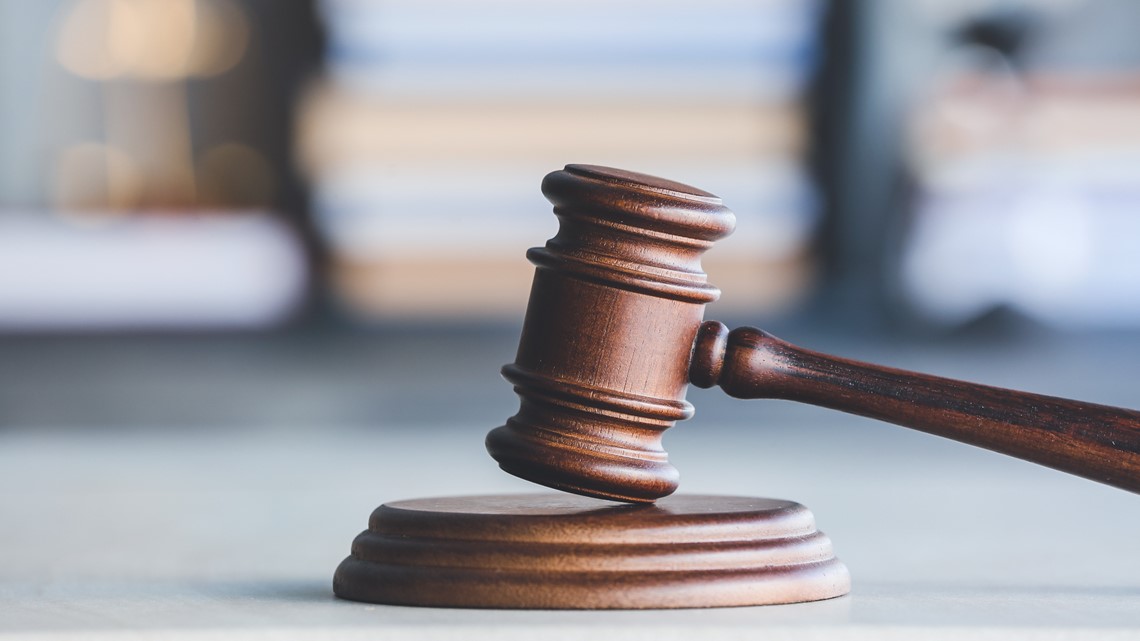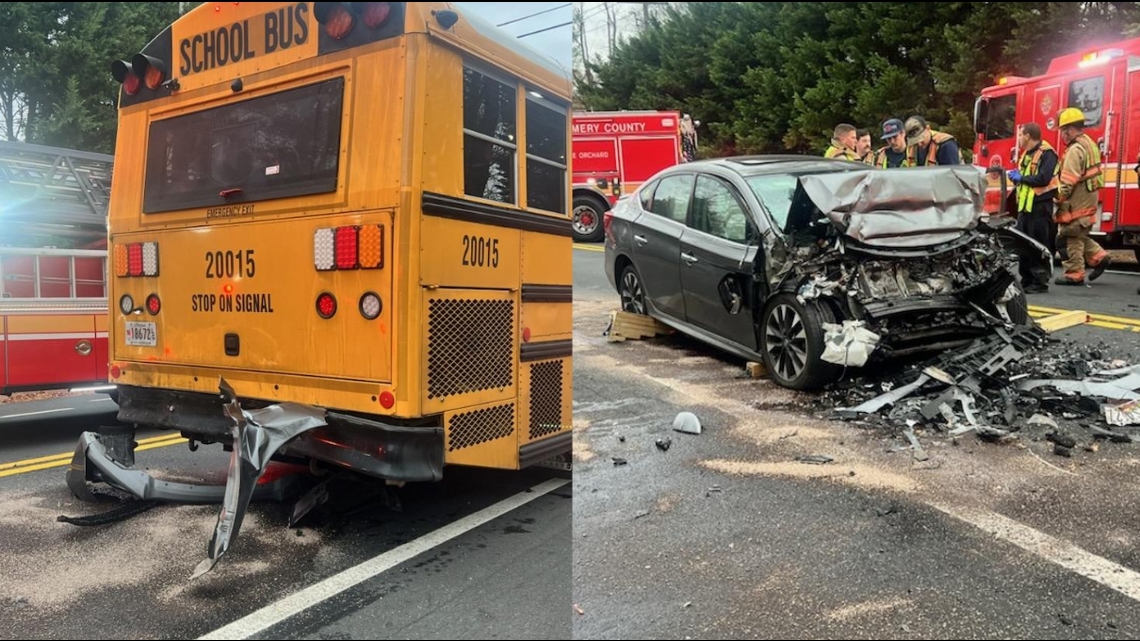It's theoretically possible to buy all 302.5 million combinations for Mega Millions. But even with the $1.55 billion jackpot you'd actually end up losing money.
WASHINGTON — We've all heard the statistics about how astronomically lucky you have to be to win the lottery. For Mega Millions, buying a ticket means you have about a 1 in 302.6 million chance to win.
But with the Mega Millions jackpot hitting $1.55 billion, the third largest prize in lottery history, slim odds are better than none. And hey, if you bought more tickets, it could improve your odds of winning, right?
Well, sort of.
While the odds of SOMEBODY winning the top prize are growing every drawing because the higher prize entices more and more people to play, the odds that you, specifically, will be that person aren't really going up or down by any statistically significant amount by buying that extra ticket or two.
Can you guarantee a Mega Millions win?
Although someone theoretically could buy all the 302,575,350 possible number combinations, in practice it would be nearly impossible and would almost certainly be a financial flop.
That's because even after coming up with more than $600 million to buy all those $2 tickets, a team of people would need to somehow coordinate their request of each number combination and payment. Considering the hundreds of millions of options, it would be a staggering chore.
Even if someone somehow accomplished that task, keep in mind that the advertised $1.55 billion prize is for the annuity option, paid annually over 30 years. Nearly everyone opts for cash, which for Tuesday's drawing would be $757.2 million, of which about one-third would go toward federal taxes with possibly more for state taxes, depending on where the buyer lived.
According to estimates from USAMega.com, if someone wins the $1.55 billion jackpot they would earn $477,073,045, if they take the lump sum option and happen to live in one of the 13 states that don't tax a person's lottery winnings.
With more than $600 million spent on tickets alone, not to mention the other people you'd need to either hire or share the winnings with to get all the ticket combinations in time, it would be a loss of at least $100 million to buy all the tickets. Some of that cost could be recouped by winning smaller prizes with some of the other tickets, but the vast majority of them will simply be $2 down the drain.
And even if you do manage to win with one of your 302.6 million tickets, there is a chance that someone else could also hit the winning numbers, meaning the potential jackpot would be divided in half or thirds or more.
The second-highest jackpot ever in lottery history was divided three ways. On Jan. 13, 2016, a $1.586 billion, Powerball jackpot was split between three tickets from California, Florida and Tennessee.
So, to sum it up, to guarantee a profitable jackpot win, you'd need at least enough money to buy all the tickets — a $605 million investment. You'd need to hire enough people to buy and plug in all the numbers (presumably by letting them take any winnings not from the jackpot). Then, you'd have to wait for the cash option to rise high enough to give you back more than $605 million (after calculating federal and state taxes). You'd have to get incredibly lucky as well, because the odds are that if the prize is that big, there's a good chance a random ticket will also have the winning numbers, cutting your prize in half or more.
And with all of that, you're unlikely to net any significant profit. Likely only a few million dollars. Plus, if if you've got enough money to buy the tickets in the first place, it would likely be simpler and more profitable to invest it. The stock market has about a 10% return per year, according to NerdWallet.
That isn't to say there's no chance of winning something. On the most recent drawing Friday, more than 5.3 million winning tickets were sold. Some were small, single-digit prizes, while nine people managed to match the five white balls to claim the game's second-highest prize.
While we don't know how many combinations have been picked for Tuesday's drawing, we do have a low-end estimate of how many could be in the books already. Last year, ahead of a July 26 pick worth $830 million (a bit over half of what the current jackpot is), Mega Millions disclosed that about 33% of the total possible number combinations were picked, giving a 1/3 chance that somebody out there would win.
Nobody actually did win on that Tuesday, but somebody took home the jackpot in the following drawing, taking home $1.337 billion — the sixth-largest prize in any lottery game ever.
.png)









 English (US) ·
English (US) ·